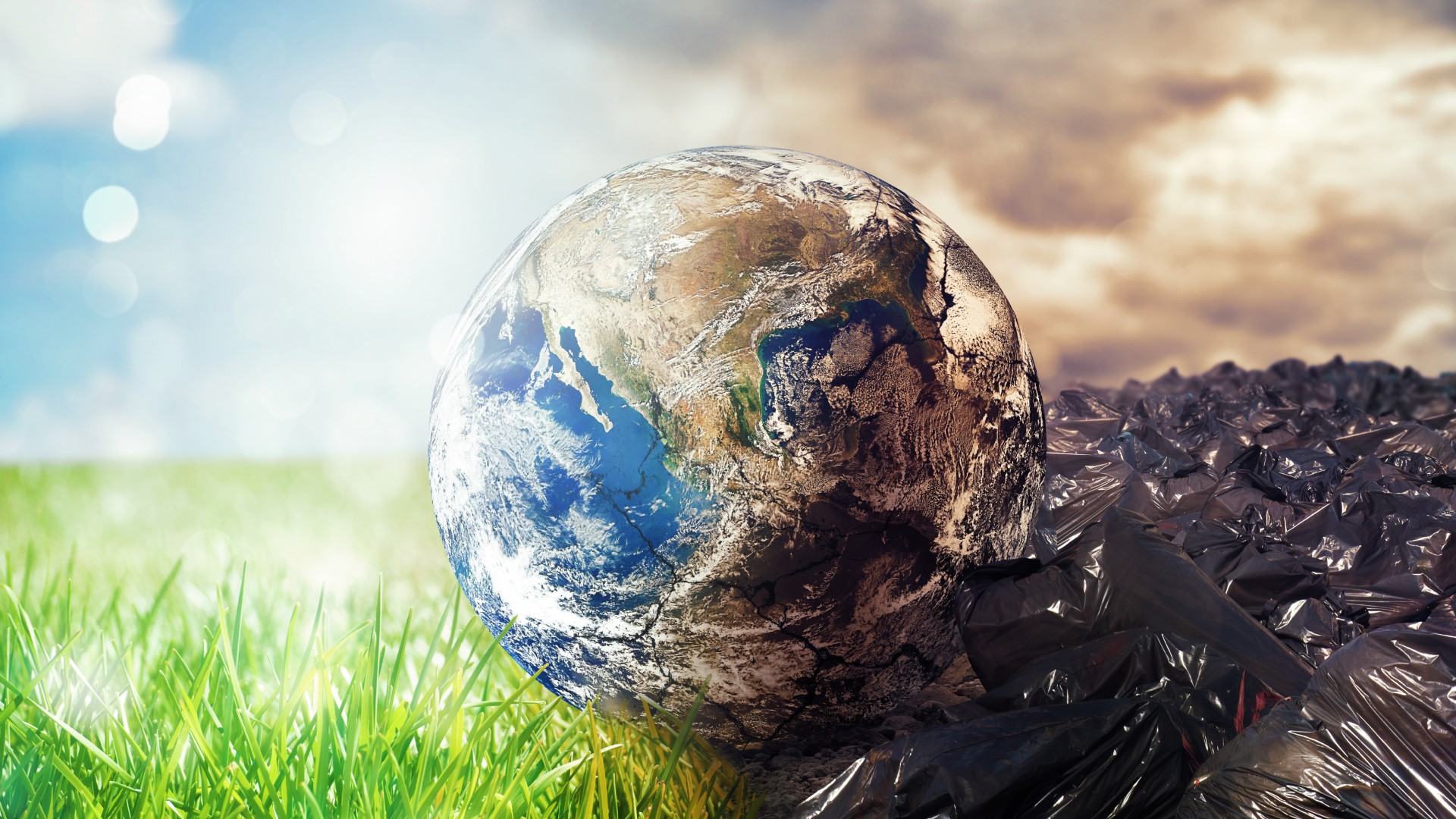Shocking Climate Crisis Impact Revealed in New Research
The alarming realities of the climate crisis impact are coming into sharper focus with the release of groundbreaking new research. This study, packed with eye-opening revelations, shines a light on the worsening environmental damage caused by unchecked global warming. As the world inches closer to ecological tipping points, the time for action is more urgent than ever.
From record-breaking heatwaves to melting ice caps, the evolving effects of our changing climate go beyond dire predictions—they are an undeniable reality. This article dives deep into this crucial research and what it means for the future of life on our planet.
What Does the Shocking Climate Crisis Research Reveal?
The recent study, conducted by top environmental scientists, paints a sobering picture of the climate crisis. According to the findings, extreme weather events like hurricanes, wildfires, and droughts are becoming more frequent and severe—displacing millions and causing billions in damages. Notably, greenhouse gas concentrations have reached levels unseen in hundreds of thousands of years. You can read more about what constitutes greenhouse gases and their effects on Wikipedia.
Perhaps most shocking is the revelation that some ecosystems may already be irreversibly damaged. The Amazon rainforest, often dubbed “the lungs of the Earth,” is no longer a reliable carbon sink. Instead, parts of it are now releasing more carbon dioxide than they absorb—a terrifying development that could accelerate climate change.
The Human Cost of the Climate Crisis Impact
Beyond ecological consequences, this research uncovers the growing toll the climate crisis is taking on humanity. Vulnerable populations, particularly in underdeveloped countries, bear the brunt of climate-driven challenges. Intense heatwaves have claimed thousands of lives, while flooding and droughts have devastated farmland, plunging communities into food insecurity.
In urban areas, rising temperatures contribute to the “heat island” effect, exacerbating health risks for city dwellers. External research shows a direct link between prolonged exposure to heat and cardiovascular or respiratory issues, especially in older adults and children (source: CDC).
Why This Research Is a Wake-Up Call for Action
For years, climate activists and scientists have issued warnings about the looming threats of climate change. However, the findings in this study act as a resounding wake-up call. It not only underscores how far-reaching the climate crisis impact has become but also highlights the short window left for meaningful action.
The Intergovernmental Panel on Climate Change (IPCC) has warned that keeping global warming below 1.5°C is crucial to avoiding catastrophic outcomes. However, the timeline for achieving this goal is shrinking. According to this research, emissions must peak before 2025 and decline sharply afterward to reach neutrality by mid-century.
Solutions We Must Implement Immediately
What can be done to counter this accelerating crisis? While there are no simple answers, experts suggest several key strategies:
- Invest in renewable energy: Transitioning away from fossil fuels to solar, wind, and other renewable sources is imperative.
- Restore ecosystems: Reforestation and protecting natural carbon sinks like mangroves and peatlands can help mitigate carbon emissions.
- Strengthen climate policies: Governments must enforce stricter regulations on industrial emissions while incentivizing sustainable practices among businesses.
- Adopt sustainable lifestyles: Every individual can make a difference by reducing their carbon footprint. Switching to energy-efficient appliances, conserving water, and adopting plant-based diets are small but impactful steps.
The Role of Media in Raising Climate Awareness
The media plays a critical role in shaping public understanding and awareness of the environmental crisis. By reporting research findings, like the one discussed here, media outlets can hold governments and corporations accountable. Additionally, media campaigns can empower individuals to take actionable steps in their daily lives.
If you want in-depth coverage of global issues like this, visit ZexNews for trusted insights into today’s most pressing topics.
What’s at Stake If We Fail to Act?
The consequences of inaction could not be clearer or more devastating. Without aggressive efforts to curb emissions and transition to a sustainable economy, the world risks encountering irreversible tipping points. The collapse of ice sheets, runaway wildfires, and uninhabitable regions could define the future if steps are not taken immediately.
Moreover, future generations will inherit our failures, struggling with an uninhabitable climate and depleted natural resources. The time to act is now—not tomorrow, not next year. Every moment wasted exacerbates the problem and raises the stakes.
Final Thoughts on the Climate Crisis Impact
The shocking climate crisis impact revealed by this new research forces us to confront the uncomfortable truth: we are at a crossroads. The path we choose today will define the world for decades to come. Do we continue on our path of destruction, or do we rally together as a global community to save our shared home?
With the knowledge and tools at our disposal, there is still hope. Collective action, informed decision-making, and a deep commitment to sustainability can bring us back from the brink. But we must act boldly—and we must act now. For more updates on this topic and others, visit ZexNews.
“`





